How to Improve Digestion Naturally With Plants
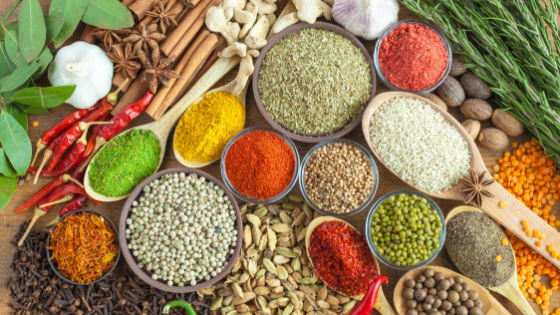
Some of the links in my blogs may be affiliate links. See my disclaimer page for more information.
Are you suffering from heartburn, gas, bloating, stomach pain, constipation, or diarrhea on a daily basis? Do you have a chronic digestive disorder like Chrohn’s, Leaky Gut, IBS, or Acid Reflux that you are struggling to get relief from? This can be due to your current diet, candida overgrowth, or just bad bacteria building in your gut. The good news is that there is help! Not only can you improve digestion naturally with plants you can also reverse digestive disorders too.
Digestive System-What’s the Big Deal?
Experts are now calling our gut the second brain. Why? Our digestive system has a very important job in our body. It is to break down food to allow nutrients to enter the bloodstream. Then to carry these nutrients to all parts of our bodies.
Your digestive system becomes subject to many health problems when you aren’t getting the number of nutrients it needs. But with today’s additives and chemicals in our food supply plus our busy lifestyles that can be hard to do.
Symptoms of indigestion may appear as heartburn, coated tongue, gas pain,
headache, nausea, loss of appetite, vomiting, foul breath, and a bad taste in the
mouth.
You might even sometimes experience palpitations and difficulty with breathing. Take a look at my blog “Do you have these Signs of Digestive Problems?” to read more about these symptoms and others that may not seem like digestive problems.
Good Digestion is the Foundation to Good Health
When you understand the whole digestive process and learn about helpful tips to
keep it healthy, you will be able to diagnose as well as treat your own digestive
issues. Taking the steps to improve digestion is imperative to good health; in fact, it’s
the foundation to good health.
How the Digestive System Works
- The digestive system consists of hormones, nerves, blood, and bacteria. They
all work together to do an intricate job of digesting all the liquids and foods that
are consumed on a daily basis. The digestive system also interacts with all the
other systems of the body. - There are digestive juices with enzymes in them that speed up all the chemical reactions in your body, breaking down the food you eat into nutrients.
- Cells are to be found in the lining of your stomach and also the small intestine which releases and produce hormones. These stimulate your digestive juices and regulate the appetite.
- Nerves connect digestive organs to the spinal cord and the brain, releasing chemicals that contract or relax your muscles.
- There are also nerves in the GI (or gastrointestinal) tract that get triggered when food is present, enabling the digestive system to function properly.
The Liver and Digestive System Connection
Our liver also forms part of the digestive system and needs special attention because of its significant role in our bodies. It needs strong enhancements like digestive herbs to keep the body functioning in order.
The liver is, in fact, a wonderful ‘factory’, performing over 500 major tasks in our body, making use of literally thousands of varying enzymes. One of its very important functions in the body is to act as a filtering system for our blood. One can’t afford to not take care of the digestive system when you realize just what a vital role it plays in determining our health.
Cancer and the Digestive System
Cancer today, is a disease affecting millions. I’m a 6 year Cancer survivor myself and what ultimately changed the course of my life. My Cancer diagnosis led me to be so passionate about women’s health. Without a shadow of a doubt, there is growing evidence proving that the foods we eat are increasing our risk of contracting cancer.
The World Cancer Research Fund International claims that stomach cancer is rampant, being the 5th most common cancer in the world, and rating 3rd in deaths caused by cancer. Plants do a great job of improving our digestion, health, and Cancer prevention.
What causes digestive problems?
- Additives and chemicals in our food supply
- Don’t chew properly
- Drink too many liquids with your meal
- Take a lot of antibiotics
- Excessive juicing and eating of cold, raw foods
- Too much sugar and salt in the diet
- Drink too much artificial alkaline water
- Not eating foods that contain enzymes
You might have remembered your granny telling you to always eat up your fruit and vegetables, but it really is a biggie. She was perfectly right. Fruit and vegetables (aka plants) literally do contain so many of the nutrients that the body needs. This includes carbohydrates, proteins, vitamins, fats, enzymes, and minerals. And unfortunately eating processed foods is just empty calories. You get very little nutritional value from it.
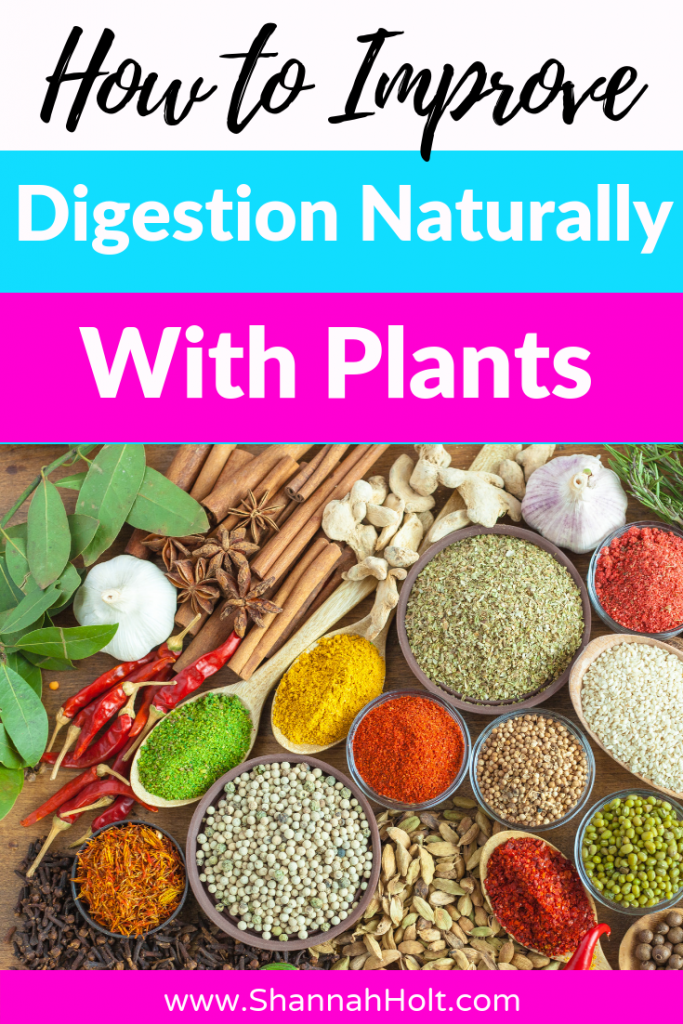
Tried and Tested by the Ancients
Writings on the use of plants (also known as herbs) to improve digestion dates back many centuries. In former times, every home had its own herb garden. The lady of the house always seemed to know just which plant was best for improving the appetite and which one would relieve heartburn, gas, sour stomach, or nausea. These old remedies are still with us today and are rapidly regaining their former popularity.
Most people think of culinary herbs solely in terms of flavor, not realizing that their
original purpose was therapeutic. When the ancients began adding more meat and
heavy rich foods to their diets, they found they were getting sick. So they conceived
the idea of taking their “medicine” with their food. This included herbs such as ginger,
fennel, anise, sage or mint to improve digestion.
Mint added to peas, for example, helps correct the tendency of peas to produce gas. The custom of serving mint sauce with lamb is not merely a matter of taste. Young meat is more difficult to digest and the mint helps to prevent it from disagreeing with your digestive system.
Marjoram, another popular culinary herb, was also used mainly as a digestive
aid. Sweet marjoram is chiefly used as a condiment in cooking to diminish the
heaviness of pork, goose, and other foods.
The American Indians also fully recognized the true purpose of plants and combined them with food to improve digestibility. The flavor factor was secondary.
Plants work in a very gentle manner moving through your digestive system. When you combine them with certain foods you can improve your digestion and counteract stomach acidity, nausea, and nervous indigestion.
Plants that Help Improve Digestion
The following plants and healing herbs are the very best for healing your gut and improving your digestion. Each plant mentioned plays a very important and unique purpose in your digestive system and detoxification of the body.
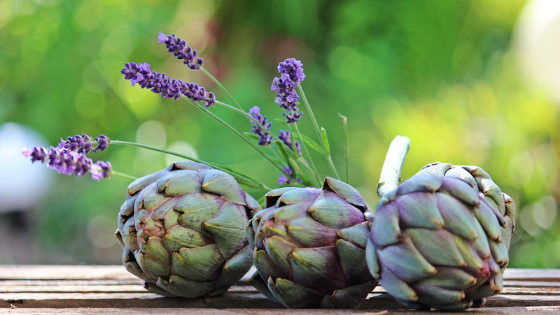
Artichoke
Artichoke is believed, according to legend, that Zeus was rejected by one he loved, Cynara (the scientific name for Artichoke), turning her into a thistle when she rejected him. This wonderful plant has been used as a medicinal digestive herb dating back to the Roman Empire days.
It belongs to the daisy family and can grow as high as 6 ft. tall. Artichoke is well known for its wonderful medical qualities. It was documented by pupils of Aristotle, the Greek philosopher. It is used as a liver tonic, of which it has great restorative powers. Artichoke is a very strong herb for digestion. It stimulates the flow of bile in the body which leads to improved digestion. This flow of bile helps the body with the breaking down of food more effectively.
Artichokes are also known to strengthen kidney function. The main ingredient in the artichoke is known as Cynarin. It is found in high concentrations in the leaves. As a top herb to improve digestion, artichoke soothes IBS, takes away feelings of nausea, constipation and bloating. Research shows that this plant has the ability to maintain normal levels of cholesterol as well.
Ginger
It should come as no surprise that ginger is one of the very best herbs to help improve digestion. Ginger comes from way back in history from the Roman Empire days, holding an honorary place for use in traditional medicines.
Many people will drink ginger ale when they have an upset stomach or nausea. That is because the ginger is soothing and gentle on your stomach. The same can
be said with using the herb in other ways, such as having ginger tea or adding
ginger to different foods. Ginger will help improve digestion overall.
I was introduced to Ginger myself while going through Cancer treatment. It helped to calm my stomach on chemotherapy days. I feel this (along with Slippery Elm Bark) is the reason I experienced very little nausea.
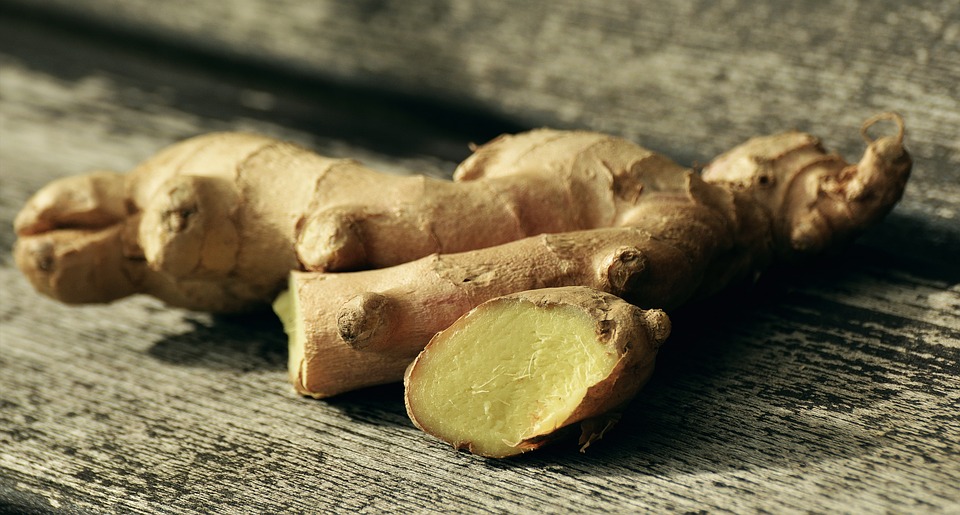
Ginger root has been used by Chinese herbalists for approximately 2000 years. The ancient Greeks used it to make their bread – a top aid for digestion. It grows wild in Asia, and used today therapeutically to control upset stomach and nausea. This is because of its antiemetic properties, which also is useful for alleviating stomach cramps.
There are excellent anti-inflammatory components in ginger named gingerol and zingerones. These make it the natural remedy to seek when suffering from heartburn, nausea from motion sickness, and superb as a normalizer for the digestive process. Ginger is a soothing, warming spice, which impacts the circulatory system as well.
Confucius, before he ate anything, would sprinkle a bit of this digestive herb over his meals as he believed it would promote appetite and help to expel gas from the intestinal tract
and stomach. Check out this secret Chinese formula reputed to be excellent for
restoring strength to the stomach and promoting healthy digestion:
Chinese Ginger Remedy for Improving Digestion
- Take half cup white rice in a flat bowl; pour enough water to barely cover the rice.
Let stand overnight so that water is completely absorbed by the rice. - In the morning, if there is any water left, drain it off.
- Put the rice in a dry frying pan and gradually heat it up until the pan is very hot. Using a spatula, keep turning the rice slowly so it doesn’t get burned.
- When it is parched dry and golden brown, put it in a glass jar and cap tightly so no moisture gets in.
- Next step, bring one cup of water to the boil, adding one teaspoon of the parched
rice and a small piece of ginger root. Boil for one minute, then turn off and let
stand for 5 minutes. Strain. - Take one teaspoonful once or twice a day.
The Chinese claim that this remedy is especially good in cold weather as it has a warming and comforting effect on the stomach, felt throughout the entire system.
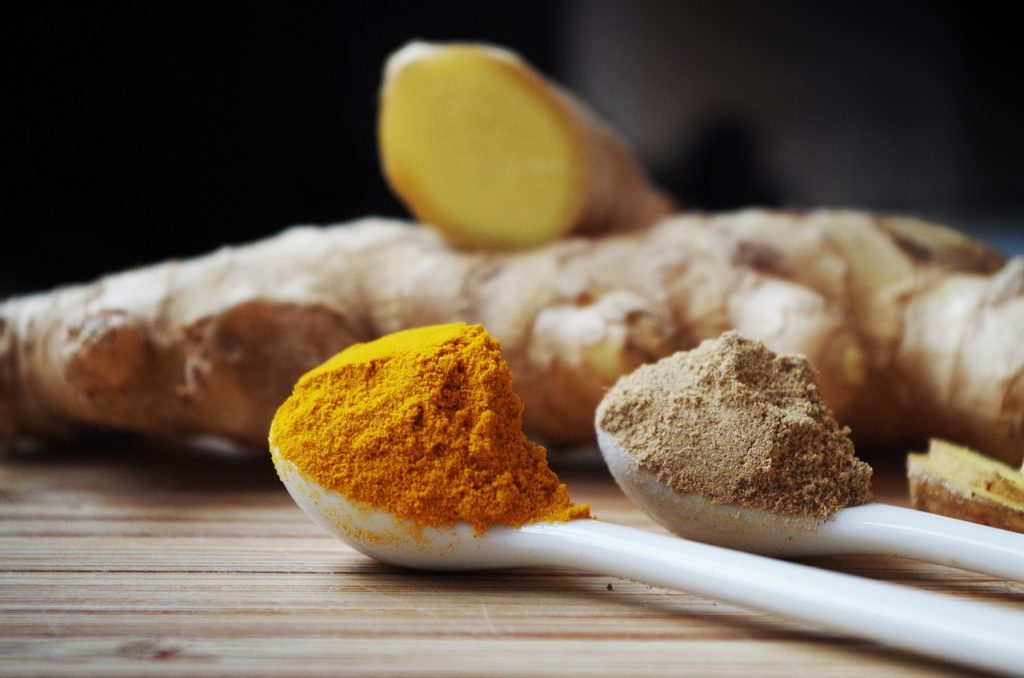
Turmeric
If you have done any research about the best healing herbs, turmeric has likely topped
the list. Turmeric is such an amazing Indian spice that has been around for a long time.
Among its many health benefits is the fact that it can soothe your tummy troubles and
improve your digestive system.
Turmeric is able to help balance the acids in your stomach, which are often a big reason you have gut distress. It can be used in many ways, from making “golden milk” and turmeric tea, to adding the spice to different foods you prepare. I put it on my eggs every morning for breakfast and take a supplement in the afternoon called Solle Flex PI.
Turmeric is also good for reducing inflammation and pain. In my supplement Solle Flex PI the P stands for Pain and the I stands for Inflammation.
Take a look at my page all about Solle Flex PI to see the plants and benefits. If you are interested in trying it out I can even offer you a $25 gift card to use on your first order so so make sure to click that button to get more information and I will send you an email.
Slippery Elm Bark
Today, finely powdered slippery elm bark is considered one of nature’s finest ways to soothe inflamed or injured skin. It is also used for its ability to neutralize stomach acidity and to absorb foul gases. Its action is so gentle that it is able to be retained by a delicate stomach when other foods are rejected. It has other abilities too, aiding in the digestion of milk, by separating the casein particles.
Slippery elm bark was another supplement I was provided during cancer treatment to soothe my digestive system. Currently, I have it in my all plant-based chocolate shake every afternoon. It tastes a lot better than the powdered version I tried the first time. Read more information about what I use now called SolleComplete.
Because slippery elm is kind of gooey, it helps the whole process of assimilation and
elimination. It acts as a bulwark against irritations and inflammation of the mucous
membranes. All of this helps to improve digestion.
Native Americans long ago used the inner bark of the elm tree so that they could make salves to heal damaged skin. It drew out the poisons from abscess and boils. It also proved to be a great healer in calming digestive problems that people suffered when typhoid was so prevalent.

Photo by Keegan Houser on Unsplash
Dandelion
Another herb to consider using for your gut health is dandelion root. This is actually a flower, but it is also an herb that provides wonderful healing abilities for your body and digestive system. This is another plant that has been used for centuries. It is a bit bitter, so many people make dandelion tea with other herbs and sweeteners or take a
supplement form of the herb. Dandelion can also improve digestion by helping to
cleanse and detox your digestive system.
Funny story– When I arrived home after going through Cancer treatment I looked high and low for different plants to try. I looked for them fresh from Farmer’s Markets or the local grocery stores. I bought dandelion and served it in our salad. It did not taste good! My kids haven’t trusted my salads since, lol! I’m glad I found this in a supplement form. It is in my Green “ninja” juice I have every morning which tastes more like kool-aid rather than grass. You can read about it here on it’s page: Solle Vital.
Peppermint
An old-time beverage, peppermint tea is very valuable when it comes to relieving stomach gas, flatulence, and any resultant distress. It is extremely comforting to the stomach and agreeable to the digestive system.
Because it is caffeine-free, this beverage won’t cause any restlessness and keep people awake at night. It is palatable, aromatic and refreshing. Your whole family can take it to improve digestion too.
For young children, just one or two tablespoons of this tea, sweetened with honey is ideal for stomach-ache and relieving colicky diarrhea. Studies reveal that using peppermint oil is a treatment accepted to treat IBS because the oil helps in easing bloating, spasms and cramps.
Angelica
It is said that the name Angelica was given to this specific plant because it blossomed on the archangel St Michael’s Day. Another version has it that this herb was so named during the Middle Ages when a devout man dreamed that St. Michael appeared and told him the plant was a cure for the dreaded plague, the Black Death.
In the contemporary description of those times, one finds repeated references to the
belief that anyone who kept a piece of angelica root in his mouth all day would be
immune from contagious diseases.
Angelica has always been a popular flavoring agent in the kitchen and medicine for indigestion. In some countries the stalks are candied, the roots roasted and the leaves prepared and eaten like spinach. The seeds or roots were used as a tea in old times as a favorite for relieving gas pains.
Dr. Vogel of Switzerland used to say that the fresh plant extract of angelica had an excellent effect on the digestion; on irritations of the gastric mucous membrane; on
the loss of appetite, and also on stomach cramps.
He was the one who gave this genuine angelic liqueur recipe which is shared below. He stated that there was no better or more pleasant remedy for digestive trouble or flatulence than angelica. Dr. Vogel said that when guests arrived at the ancient monasteries, they would be given a glass of “Vespetro”, taking a small sip – which would have a quicker and better effect to improved digestion than the chemical tablets manufactured at that time.
Angelic Liqueur Recipe “Vespetro”
- 2 ounces angelica seeds
- A quarter ounce of anise seeds
- A quarter ounce of fennel seeds
- Approx. 1/5 ounce of coriander seeds
Grind together in a bowl and add to 8 fluid ounces of pure drinking alcohol. Allow the mixture to stand for 8 days. Then strain through muslin and mix with a solution of one pound of sugar (preferably grape sugar; dextrose) and dissolved in two and a half pints of water.
Cayenne
Cayenne is one of the less common herbs to be used to help improve digestion, but it can
be just as great as the others. While it is a strong spice, it can actually improve the
gut health of many people. With cayenne, it helps with healthy food flow, so you can
actually digest foods much more efficiently when you are using this simple spice.
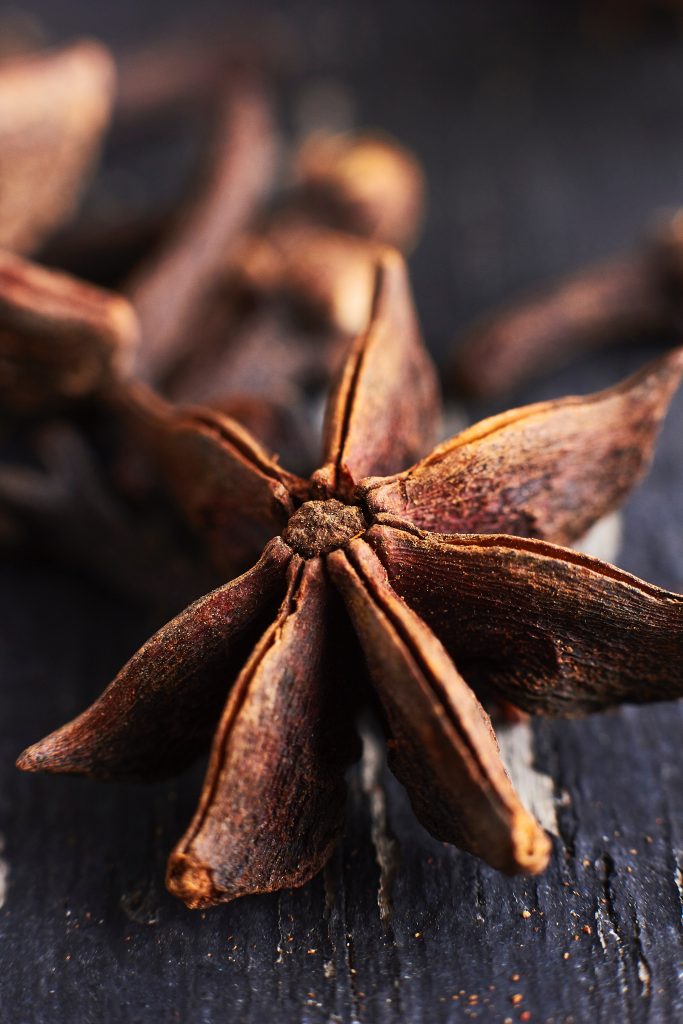
Photo by Hugo Aitken on Unsplash
Anise
Anise is of Eastern origin but is now cultivated in many parts of the world. It has an
ancient reputation to relieve farting, treat coughs, and improve digestion. Several centuries ago, the Romans and Greeks used anise in relishes, seasoning, sauces, and wines, just like we do today. The seeds were chewed as a breath sweetener and to stimulate the appetite.
Back in time, the Romans served their guests wedding cake which was flavored strongly with anise seeds. This would help to prevent indigestion caused by over-indulging at the marriage feast. From this ancient practice came the tradition of baking anise cakes for weddings.
John Gerard, an early herbalist, recommended anise seeds as being good against belching in the stomach. Anise is still considered a good remedy for preventing gas and
fermentation in the stomach and bowels if a tea is brewed from the seeds and taken
warm.
Fennel
Fennel, known as “the friend of the stomach” has been used since earlier times as a
culinary herb and medicine. It is believed to have a soothing effect on the mucous
membranes of the stomach and to be wonderfully effective in helping people
bothered by excessive belching and flatulence.
There are also recommendations for its use in culinary skills as an aid in the digestion of fish, beans, peas, cabbage, and cheese. Back in Grandma’s time Fennel seed tea was used when someone had a stomach bug or ache. For three or four days you would drink four or five cups after eating a light, bland diet.
One or two teaspoons of the warm tea were given to infants for the relief of colic. The seeds were also used to help with the aching pain tendencies that using laxative or purgatives brought.
In Italy, the use of the dwarf varieties of fennel (F. dulce) called finocchio dates back to the days of the early Romans when gladiators mixed the fennel with their food, claiming that it
gave them strength. Today, fennel teas are available that still help as an aid for digestion, especially after eating rice and oily fish. It is thought, however, that if you use fennel sauce over them, you will have no trouble with your digestion.
Bitters for better digestion (various herbs)
The custom of employing bitters as a stomach tonic is age-old. Romans, notorious
for their overindulgences, believed bitters were necessary with food. The Indians
also appreciated the natural bitters of herbs, vegetables, and fruits. Today, bitters
are still highly valued by many people.
Iceland moss
In Iceland, Lapland, and Greenland, bread, and beverages are made of bitter Iceland moss. Bitter herbs are also added to wines, liquors, and beer. In other nations, some people gather the bitter leaves of the wild dandelion early in the spring and use them in salads.
Gentian
Among the Germans, gentian is a highly prized bitter herb. It is reputed to be a powerful tonic which strengthens the digestion system and improves the appetite to a remarkable degree. Gentian is excellent for cramp in the stomach.
Father Kneipp was a renowned herbalist and water healer. He used to say that after a long and tedious journey (and after eating too much food and drinking even more), would buy a tiny bottle of gentian tincture taken in drops on sugar to soothe their stomachs.
Golden Seal
Golden Seal (Hydrastis canadensis) is another highly regarded bitter. It was regarded by the Cherokee Indians as a bitter tonic for certain complaints.
The medical professionals also took great interest in this herb and many reported on its use in medical writings. It is known to relieve stomach oppression, heartburn, and nausea.
Dr. Finley Ellingwood, famed herbalist, wrote that in his opinion, golden seal’s widest range of action was upon the stomach, as it removed heaviness after eating.
In modern British volumes on botanical drugs, golden seal is cited as being a very valuable remedy in the digestive system. It is regarded as a remedy for various gastric inflammatory conditions.
What else will improve digestion naturally?
Fiber
Today’s advances in processed foods remove the majority of fiber, creating an easily chewed, food product. Fiber is important for keeping the portions of the digestive
tract like the large intestine free of waste particles. This waste can cause pockets to form in the lining of the intestines. When this happens it is called leaky gut. Read more about leaky gut in my blog What You Need to Know About the Top 5 Digestive Disorders.
Fiber also has soluble components that help lower cholesterol by attracting free-floating fat particles in the bloodstream. In all cases, fiber is essential for keeping things clean in your digestive system. Taking fiber supplements can help improve digestions, reduce ill effects, as well as sweep away remnants that rot and produce gases in your digestive tract.
You really have to be careful what fiber supplements you choose and how much. Some taste like eating wood shavings too, yuck! If you want a good tasting one check out GoodFibrations. It is a perfect fiber supplement that my family uses and recommend.
Enzymes
These little chemistry enabling components of the body are one of biology’s most
amazing achievements. When you ingest food, the food has to go through a process of
being broken down into its most basic parts in order for your body to be able to convert
it into fuel and for use as raw materials when it comes time to build new cells.
Each type of enzyme has a specific job that it must do in order to keep you alive. So it should be understood that an absence of these enzymes could spell disaster for your
limited carbon-based form.
Sometimes illness and prescription medications can kill off essential enzymes. A small dose of them can help you get back to normal, help repair digestive damage, and improve digestion.
I have an all natural supplement that I take every night for this reason. In addition to enzymes, it also has Fiber, Peppermint, and Passion Flower. Passion Flower is also used to support a balanced mood in times of stress. Verdezymes even helps me sleep. Check it out by clicking the image below.
Antifungals
Fungus in the body is never a good thing. While having some around and in you is
nearly inevitable, it’s a good idea to do what you can to prevent the buildup of
dangerous fungus like candida yeast. These yeasts can grow and disrupt digestion.
They can even cause severe illnesses, and contribute to conditions that lead to even
more serious diseases.
Ingesting foods like garlic, coconut oils, and ginger oils are all solid at killing any nasty fungus in the gut. My morning green drink I have ever every day is antifungal as well. Read all about it on my page here: Solle Vital.
Probiotics
I wrote an ultimate guide to probiotics you can read: Everything You Want to Know About Probiotics. But let me give you a little summary here.
Your digestive system contains a lot of bacteria, and many of these bacterial agents are
good for the body while some of them are harmful. This is a normal state for the body,
but when the bad bacteria build to high levels, the weakened body may begin to
experience ill effects. I was in the hospital for a week with pneumonia, but came home with digestive issues because of all the medications that were stripping my gut of the good bacteria. I knew I needed my probiotics so I could improve digestion.
The good bacteria in your digestive tract serves multiple purposes. One of the main purposes is to protect your body from foreign organisms that can make you sick. Like the millions of germs that you come in contact with in public each day. When you don’t have enough of the good bacteria, your body can become sick easier. For example, you could become subject to food poisoning in cases where you ordinarily would be fine if you have enough good bacteria in your gut.
Now let’s wrap it up…
Naturally, we all want to improve digestion, especially healthy bowel movements.
Certainly, herbs and bitters should be included, but it is imperative that your diet, too,
is not filled up with trans-fats and refined sugars. These surely must be the top two
offenders when it comes to digestive problems. To read more about nutrition and gut health check out my blog here: The Best Gut Health Foods & What to Avoid
So what can we do to improve digestion? Let’s get back to using plants and herbs more. Make sure you also properly digest and assimilate your foods. It is critical for keeping the mood, hormones, energy levels, and immune system strongly in balance. It’s time to become mindful of how and what we eat. You can get your digestive health back on track, but you need to care for this brainbox. The digestive system – let excellent nutrients, exercise, good sleep, and herbs be your medicine.



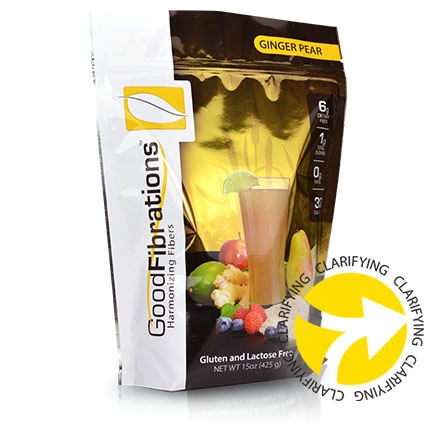
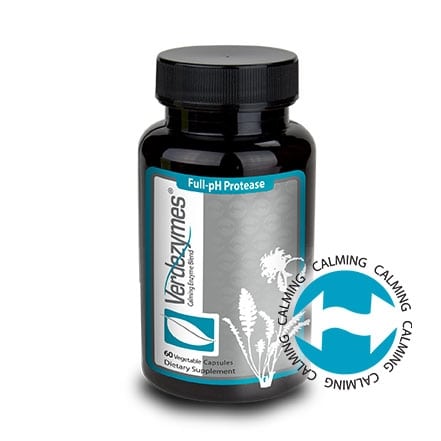




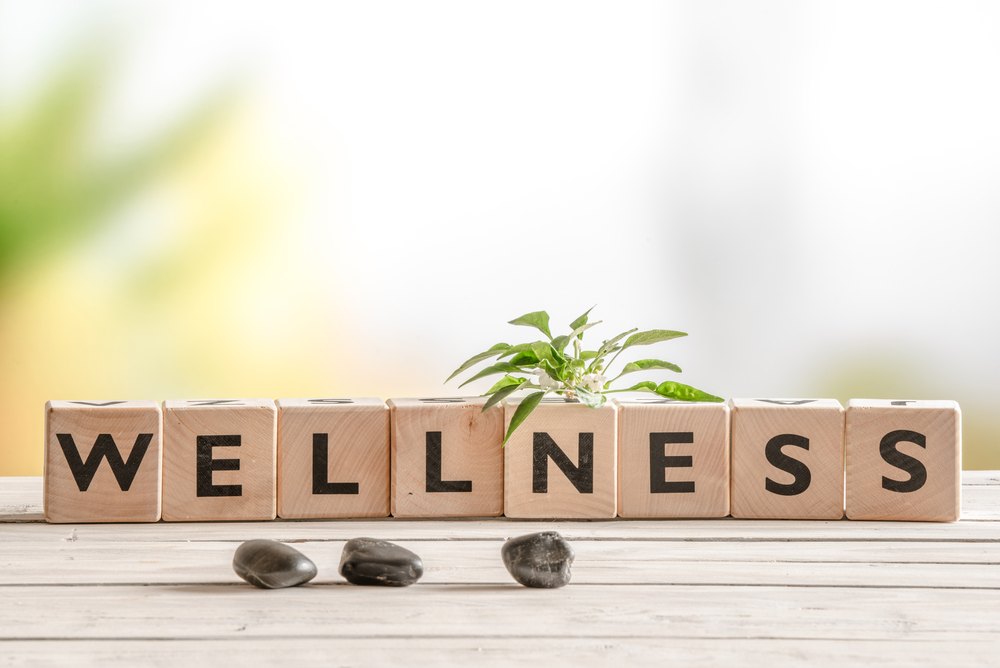

Wow! What an amazing post filled with so many great tips. I used quite a few of these supplements.
Thank you so much! The supplements are such an easy way to improve your digestion and so much more.
Wow! This was so informative. I love learning about natural alternatives and you just taught me so much! Thank you for sharing. I pinned this to refer back to later on.
You are very welcome! So glad you got something out of it.
Wow, this is a lot of good info to take in. I am going to pin it so I can refer back to it often. I do have digestive issues. I recently stopped taking my acid reflux meds because I started eating smaller meals, lost some weight, I’m exercising and taking probiotics. However, I’m having occasional issues with the other end:) I’m going to try some of your suggestions for sure! Thanks so much!
OH I know what that is like, unfortunately! I hope you find relief soon. Congrats on the weight loss!
I have been hearing such wonderful stuff about Tumeric. Thank you for the tips!!
Yes has such great properties! I was a little afraid of what it would taste like on my food when I first tried it, but it is pretty subtle and now have it on my eggs every morning. The SolleFlex PI is what I use for in the afternoon and I have been able to control my inflammation and pain is pretty nonexistent now.
As a pregnant Mom right now, I can appreciate these tips and ideas, many I didn’t know of. Thanks for sharing your wisdom!
You are very welcome I hope you can put some to good use!
This is a lot of good information on digestive health. I know one thing that I need to look into is leaky gut. I’m so intrigued by how we can use food to heal our bodies, and how just the opposite can be done to destroy our bodies. Amazing. Definitely pinning to refer back to. Thank you!
Thank you so much! I’m such a geek over all the things going on in our bodies and how to help them thrive.
Great post. I agree that plans / vegetables do help with digestion. I recently started taking amazing grass and it has helped my gut tremendously ?
I have used Amazing grass in the past, but couldn’t get my family to because of the taste.
This post is packed with so much great information to help use plants to improve digestion! My husband has Crohn’s disease, so this is particularly important to my family. I’ve been adding turmeric to dishes, but now I see that there are other plants to add as well. Thanks so much for the detailed info!
Man! What an information-packed post! Since I’ve hit 50 my digestion is so different! I’ve been taking probiotics which help immensely but I’m looking forward to trying these other options!!!
I know what you mean! I turn 50 next year. I hope you get as much benefit out of them as I have.
Fascinating! I love learning about new natural health solutions and this post is full of solutions. I especially love learning about Slippery Elm Bark, Iceland Moss and Gentian since I’ve never ever heard of them. Can’t wait to try them out. Thanks for providing such great information!!
I’m with Della, ever since I turned 50 my digestion has changed a lot.
Thank you! I’m so glad you got so much out of my blog. I love natural health solutions I really feel they have been what mt body was needing!
Since I had ulcerative colitis when I was young, I’ve struggled constantly with digestive issues. This article has given me so many new things to try in order to find some relief. Thanks for covering it all so thoroughly! ???